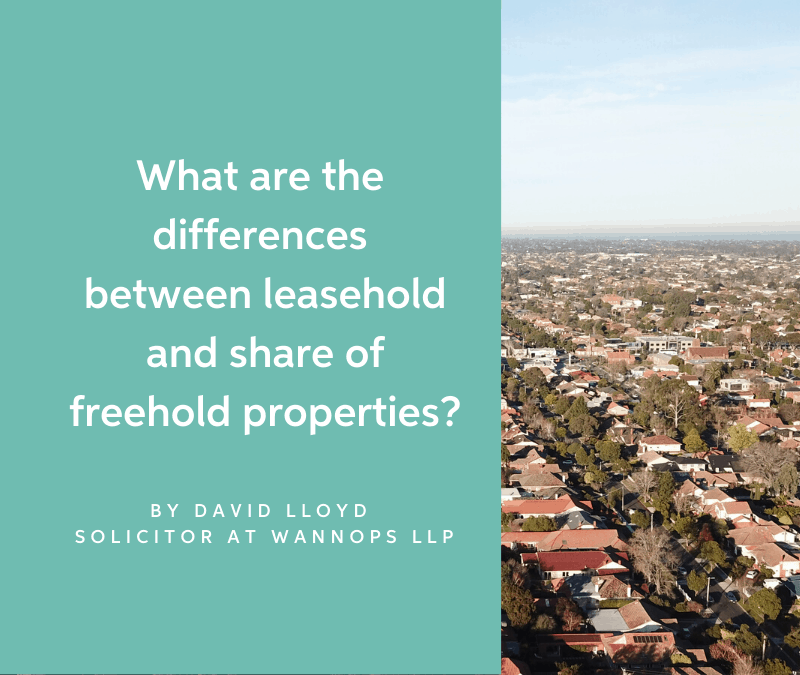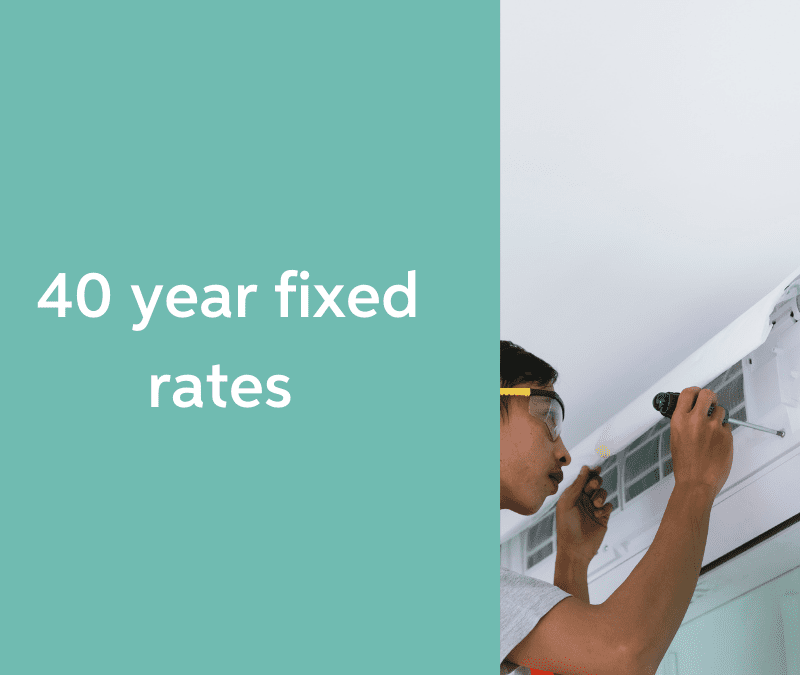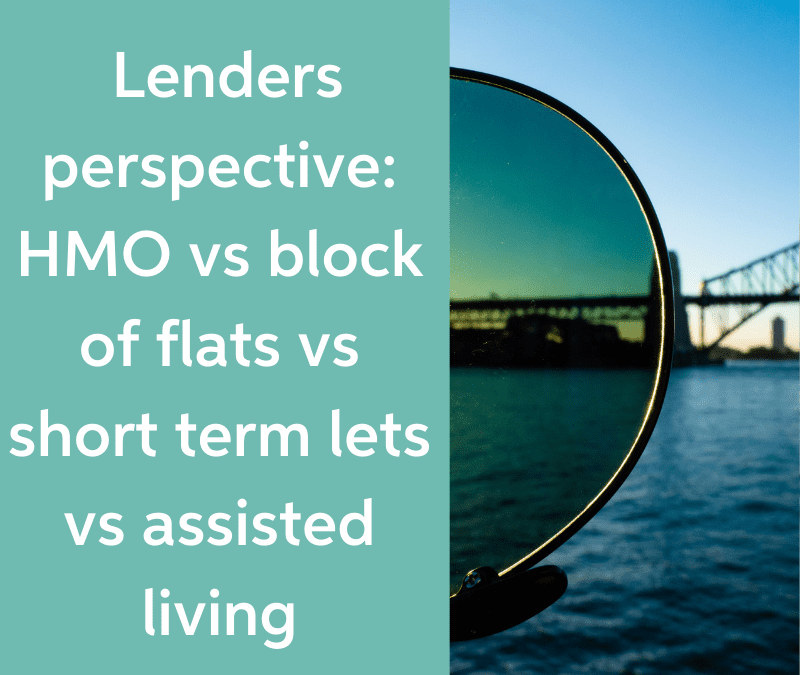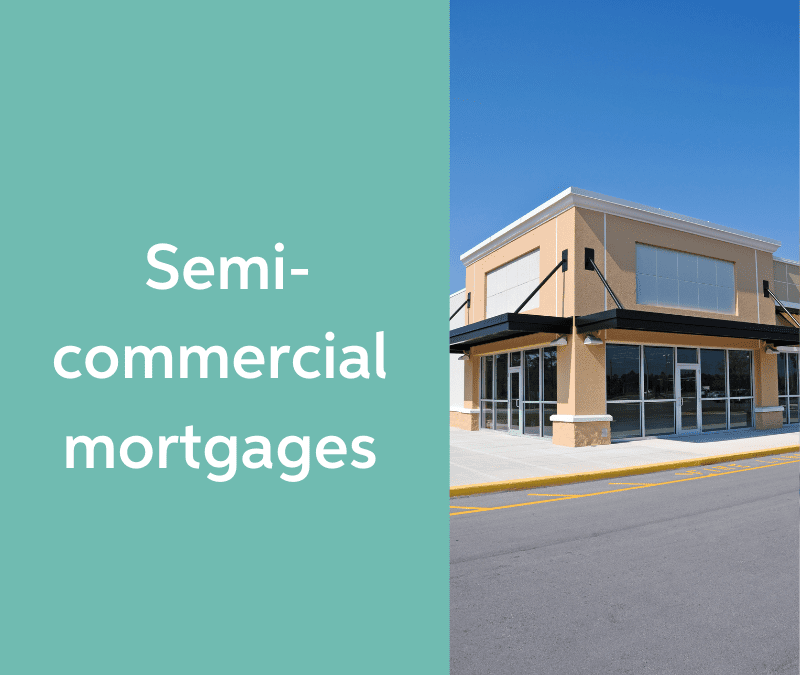A useful buyers guide for flats and apartments

First time buyers face a myriad of different choices when embarking upon their first property purchase.
Quite often a great deal of knowledge is assumed on the part of the uninitiated purchaser, with information being presented to first time buyers typically being disguised in baffling legal jargon or technical legal terms by property professionals. This can make it a beguiling experience for the novice, delving for the first time into the immersive high-stake world of property ownership.
In particular, the labels presented to first time buyers when deciding to buy a property may state just a single word, which is, nevertheless, loaded with layered concepts and sharp legal distinctions with profound consequences.
With this in mind, it seems only fair to seek to offer a silken chord to the novice purchaser to assist them in navigating the twisting labyrinthine choices they face when deciding upon a property purchase.
Perhaps the best place to start in this endeavour is to demystify the difference between the respective classifications of title the first time buyer will come across when choosing upon their first purchase.
Freehold Title:
The term title may seem rather obscure but the best way of explaining what this means is to refer to this legal concept as relating to somebody’s “entitlement” to a property. That is, their right as owner to sell it and use it as they think fit.
The primary and most desirable form of title when it comes to houses is, without a doubt, Freehold Title. The starting point when it comes to understanding this form of ownership is to consider it as granting potentially indefinite and absolute powers of ownership in relation to property being purchased. Including, the right to alter the property, extend it and sell it without restriction.
I say, “starting point” and “potentially“, because this freedom is curtailed by several factors, notably: –
- The general law. For example, requiring the owner to obtain statutory consents before carrying out certain building works or stopping the property being used in connection with certain business uses without consent.
- Obligations and prohibitions (called covenants) affecting the property that may have been imposed by previous dealings with the land. These are recorded in the Land Registry Entries and your legal advisor will explain these to you during the course of your conveyancing transaction.
- The rights that other people may have in relation to property being purchased that may have been imposed as a result of long use or that may have otherwise arisen by operation of law. A good example of this would be where there is a sewer running through the property. In such cases the relevant authority will have a right to access this and a property owner would not be able to build over the sewer without consent.
- Any obligations or rights entered into or granted by the buyer privately that restrict their rights in connection with the property, for example, the obligations owed by a borrower to their mortgage lender.
Leasehold Title:
In contrast to the freehold title, there are also leasehold titles. These are called leasehold titles because the entitlement of the owner of a leasehold title to use and own the property concerned stems from their having entered into a lease with the owner of the freehold title.
A good way of explaining leases is to picture Russian Dolls. The first Russian Doll is the biggest and this is the freehold title. Out of this we can draw another Russian Doll, somewhat smaller, and out of this another and so on until we can’t make any more! In the same way, one could grant a 100 year lease out of the Freehold Title and then the owner of that Lease could grant another 99 year lease to somebody else and so on until, at the end, there is no time left to grant.
Therefore, a leasehold title is an interest that is “carved out of” the freehold title and granted for a finite period of time. It is a slice of time cut from the freehold interest. The document that gives effect to this interest is called the “lease”.
A lease can, theoretically, grant all the rights and powers that a freehold owner has in relation to the original freehold property and without any restriction, save, of course, to those restrictions already affecting the Freehold Title (see above) or stemming from laws specifically relating to leases.
This is not normally done though because a lease is always granted for a finite period of time, called “the term” of the lease, and, when the term comes to an end, the landlord gets the property back. Because of this the landlord (the person granting the lease) will almost always wish to restrict the things that the tenant (the person buying the lease) can do with the property so that they can be sure that the interest the landlord is retaining is not compromised.
The competing interests of landlord and tenant in this way and the length of the lease term go some way to defining all of the other terms in the lease. Generally, a short lease where the landlord expects the property back before too long will contain a lot of restrictions on the tenant but the landlord will be responsible for the repairs to the building because, of course, it would be unfair for the tenant to bear this responsibility when they are not going to own the property for very long. A good example is a tenancy agreement. A tenancy agreement is actually a species of lease with a very short term and, as a result the rent is quite high but there is usually no purchase price because there is no capital interest to purchase, whereas, the landlord bears full responsibility for repair and insurance.
On the other hand, with a long lease, the landlord won’t get the property back for a very long time (and may never get it back if the tenant keeps extending the lease). Why should the landlord pay for works to the structure when he probably won’t get to enjoy the benefit of these works during his lifetime? Why should he wait for his money in rent when he could get an initial lump sum at the start of the lease? For these reasons long leases tend to be sold for a capital premium but with a lower rent. Similarly, the tenant tends to take on the cost of funding repairs to the fabric of the building.
Thus, the dynamic tension of the competing interests of landlord and tenant determine the terms of the lease in varying proportions depending upon the length of the lease.
Your legal adviser will be able to advise you about the terms of the lease in question and whether or not there is anything unduly restrictive in the terms of the lease that might pose problems when you come to sell. However, there are certain key characteristics of a lease that every first-time buyer should realise before they buy one, as follows: –
- It should be noted, firstly, that nearly all leases, be they tenancy agreements or not, will ultimately give the landlord a right to end the lease (and the entire investment of the purchaser) if the rent is not paid or if certain obligations in the lease have not been satisfied. The Landlord must follow a statutory procedure before taking any such action and relief from forfeiture will usually be available to the tenant but this is an important and potentially extremely costly point to understand from the outset.
- The length of the term of the lease is extremely important. Generally speaking, it is advisable to purchase a lease with a term in excess of 83 years in the case of an established property. The reason for this is that when a lease falls under 80 years it becomes much more expensive to extend and one does not have a right to extend the lease unless one has owned it for at least 2 years. It should be noted, however, that different mortgage lenders have different requirements in this regard and for a New Build Property the lease term should generally be at least 125 years. Leases with short terms can also be un-mortgagable.
- Whereas with a freehold property you can plan repairs and maintenance, within reason, to your schedule, with a leasehold property you will usually be under an obligation to pay for works as and when demanded by the landlord. This can be financially inconvenient and this makes the way that a property is being managed a very important factor to consider when buying a leasehold property.
- Usually, it is necessary to pay ground rent for a leasehold property. However, high ground rents are problematic and can make it much more expensive to renew the lease when the term runs low. Furthermore, it can be easier for the landlord to forfeit the lease if the rent is higher than £250 per annum (or £1,000.00 for properties in London).
It should also be borne in mind that ground rents can increase sharply throughout the term. Such leases can be difficult to sell and particular care should be taken in accepting a property where the rent increases by doubling at intervals of less than 25 years.
Share of Freehold
The term “share of freehold” does not really deserve its own heading. It should be more of a sub-heading under the term “Leasehold Title”. Importantly, contrary to popular belief, owning a share of the freehold in a property is not the same as owning the freehold. A share of freehold arrangement is actually a type of leasehold ownership.
There is still a tenant (who owns the leasehold interest) and still a landlord (who owns the freehold interest) and there will always be a lease containing all the rules, obligations, restrictions and rights that define the relationship of the landlord and the tenant, prescribing what they each should and should not do and can and cannot do in relation to the property.
However, with this form of ownership, the tenant, along with the other participating tenants within the building, also hold the freehold interest. They therefore have a seat on the council that debates and decides on what should be done under the lease in order to fulfil the obligations of the landlord.
A share of freehold therefore works much like a democracy in that each “owner” can cast their vote as to how the lease should be enforced and the building managed. As there is a mutual advantage to be reached between the parties in getting along with each other the results of this exercise tend to be softer and more in keeping with one’s own self-interest.
The benefit of owning a share of freehold is that you are able to influence the collective decision of the landlord in connection with the management of the building and all other aspects relating to the operation of the lease. Indeed, if you can agree with the other tenants on what to do, you can even rewrite the whole lease (albeit not rip it up).
Nevertheless, it is important to note that you will still have obligations as tenant in the lease and will be taking on the dual responsibility of having responsibilities as landlord. This means that not only do you remain liable as tenant but you could also find yourself in breach of your obligations to the other tenants if you fail in fulfilling your obligations as landlord. In a sense therefore, owning a share of freehold creates a double jeopardy because the owner is potentially liable for breaching the terms of the lease both as landlord and as tenant.
It should also be borne in mind that the landlord usually has an active obligation in the lease to enforce breaches of covenants against tenants if asked to do so by other tenants. For this reason, the tenant who proceeds as if they have freedom to do what they want without regard to the lease when owning a share of freehold, does so at their peril.
It is important to bear in mind that sharing the obligation to manage does depend on co-operation with the other co-freeholders. Quick and effective communication is essential or the management will suffer and the building could deteriorate in value. Just like in a business, you must know you can work with your co-freeholders. Where there are a number of co-freeholders or some are not resident, communication can be difficult and protracted.
In some share of freehold situations, a deadlock situation can occur, particularly, when the freehold is owned by the leaseholders as individuals in their own names. In such a case they all need to unanimously agree to any decisions made and this can be stultifying, particularly in the absence of one party. Such problems typically arise with non-resident investors, particularly when they live overseas, and this can grind property transactions to a halt and delay urgent repairs to a building.
These issues can be mitigated by owning the freehold via a company or subject to a trust with clear rules on voting so that the majority can outvote the minority so as to avoid a deadlock occurring.
However, one then has to carefully consider the danger of being outvoted on issues of importance. Moreover, being a director of a company comes with many responsibilities. There are many statutory obligations that must be complied with, including the need to file accounts, keep board minutes and act in the best interests of the company at all times.
I have more than once had to resurrect a company that has been dissolved because people did not have regard to these obligations with the result that the freehold title became vested in the Crown, by a process known as bona vacantia.
Freehold Flats
So, bearing in mind the pitfalls of leasehold property ownership, the fact that they need to be routinely extended to stop them running out, the fact that the landlord has so much power to control what you can do with the property, why don’t we just do away leases entirely?
Well this was tried many years ago in an obscure little seaside town called Worthing but it didn’t catch on elsewhere in the country. That is why we have so many freehold flats.
The truth is that we need leases and the reason for this is because the obligations to repair a building are not automatically enforceable between the new owner of a flat by the other flat owners in a building where there is no lease. This means that there is a risk that these repairing obligations will not be effective with the result that, if one flat owner refuses to repair their part of the building, the value of the building as a whole and every flat in it is affected.
This problem can be actively managed, albeit not cured, by ensuring that each time the property is sold, fresh obligations are entered into between the remaining flat owners and the new flat owner coming in, so as to create each time fresh obligations to repair and insure the building.
However, this is not an entirely satisfactory solution. Take for example, what would happen if a fire occurred. If this happened each party would have to rely in trust that everybody else had insured their own Flat. However, if just one property owner failed to do this then it would not be possible to rebuild the building. Moreover, it might not be possible to recover the resulting loss from the defaulting non-insuring flat owner. The flat may be their only asset worth suing against and that has just burnt down.
As a result of this the vast majority of mortgage lenders, with one current exception, will not lend on freehold flats. These are therefore generally recommended for cash buyers who are able to make a commercial decision about the benefits of buying such a property.
The resulting lack of funding for these sorts of properties creates a consequent lack of demand with a corresponding impact on price according to the ordinary economic forces of “supply and demand”.
Anyone purchasing a Freehold Flat with a mortgage should bear this in mind and the possibility that, on re-mortgage, they may not be able to find a competitive product and that the only existing lender willing to lend on these properties may have pulled out of the market.
In short, the proposition of a freehold flat should be viewed as a serious title defect, albeit, one that that can be actively managed. The only way to cure the problem, however, is to agree with the other flat owners to grant leases to each other thus creating a share of freehold.
Written by: David Lloyd from Wannops LLP






